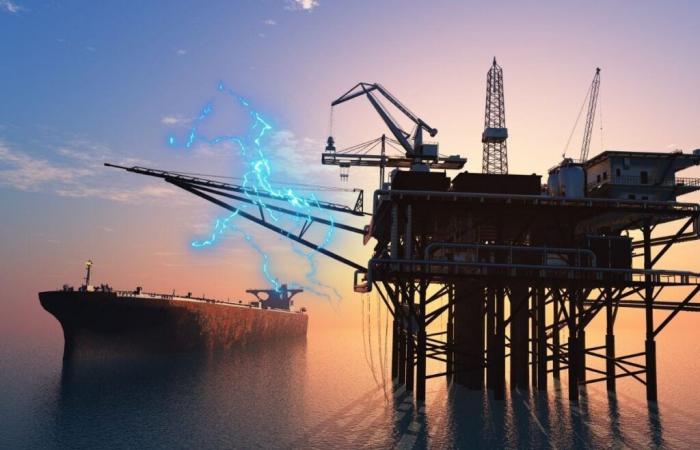
An unexpected turn towards traditional energies for European energy giants.
Almost five years after BP launched an ambitious project to transform its business model from a traditional oil company to a company focused on low carbon energyit appears that the British giant, along with rivals such as Shell and Equinor, are backtracking. These companies appear to be reconnecting with their roots as major oil and gas players, a decision driven by the need to reinvigorate their stock market shares and reassure investors about future profits.
Read also:
A tense global energy context
This reorientation comes in a context marked by two major developments: the energy shock resulting from Russia's invasion of Ukraine and a drop in profitability of renewable energy projects, in particular offshore wind, due to high costs. growing, supply chain issues and technical challenges. These factors have pushed these companies to reconsider their energy transition plans initiated earlier this decade.
France increases the United Kingdom's dependence on it for its electricity which is too subject to the imponderables of offshore wind turbines
Adjusted strategic investments
In response to these challenges, BP CEO Murray Auchincloss announced plans to invest billions in new oil and gas developments, including on the US Gulf Coast and the Middle East. At the same time, BP has significantly scaled back its low-carbon operations, shelving 18 potential early-stage hydrogen projects and planning the sale of its wind and solar operations.
A necessary but risky revision
Shell and Equinor have also reduced their renewable energy operations. Shell, for example, backed down on floating wind and hydrogen projects, withdrew from European and Chinese energy markets, sold refineries and weakened a 2030 carbon reduction target. Equinor, meanwhile, launched a review of its low-carbon business, now focusing on more advanced offshore wind projects.
The low-carbon investment dilemma
Despite a slowdown in their energy transition plans, companies are not completely abandoning investments in low-carbon energy. They continue to develop some offshore wind projects already underway and say they could invest more if the returns on investment are competitive. Additionally, they are developing hydrogen projects primarily to reduce the carbon footprint of their refining operations.
A fragile balance in the face of market expectations
The situation illustrates a precarious balancing act between meeting shareholder expectations for short-term returns and committing to long-term investments in renewable energy. This dynamic is complicated by the uncertain outlook for fossil fuel consumption and forecasts from the International Energy Agency, which anticipates a peak in global oil demand by the end of the decade.
And France with TotalEnergies?
TotalEnergies continues to invest increasingly in low-carbon energies, with 35% of its investments in 2023 ($5.9 billion) dedicated to this sector. The group aims to triple its renewable electricity generation capacity by 2025. However, the group also maintains significant investments in fossil fuels, planning to invest $12 billion in new oil and gas projects in 2024. Hydrocarbon production is expected to increase by 2-3% per year through 2028, still accounting for 81.5% of the company's energy production in 2030.
France achieves a masterstroke by taking a big option on this technology essential to 99% of global internet traffic
This article explores the strategic refocusing of European oil giants on their traditional hydrocarbon activities, in response to the economic challenges and uncertainties of the renewable energy market. As the world faces urgent demands to reduce emissions to combat climate change, these companies are trying to navigate between immediate expectations of profitability and long-term environmental imperatives.
Source : Reuters
Post Views: 2
As a young independent media, secret-defense.org needs your help. Support us by following and bookmarking us on Google News. THANKS !
Follow us on Google News





